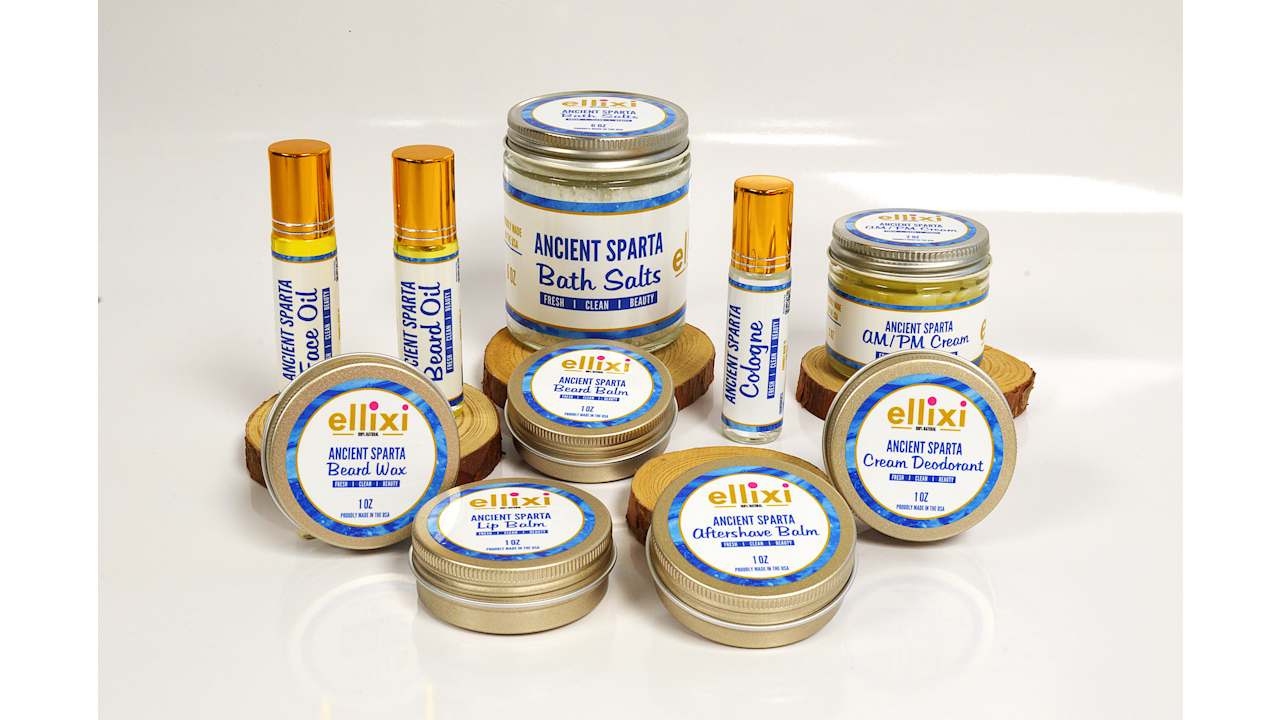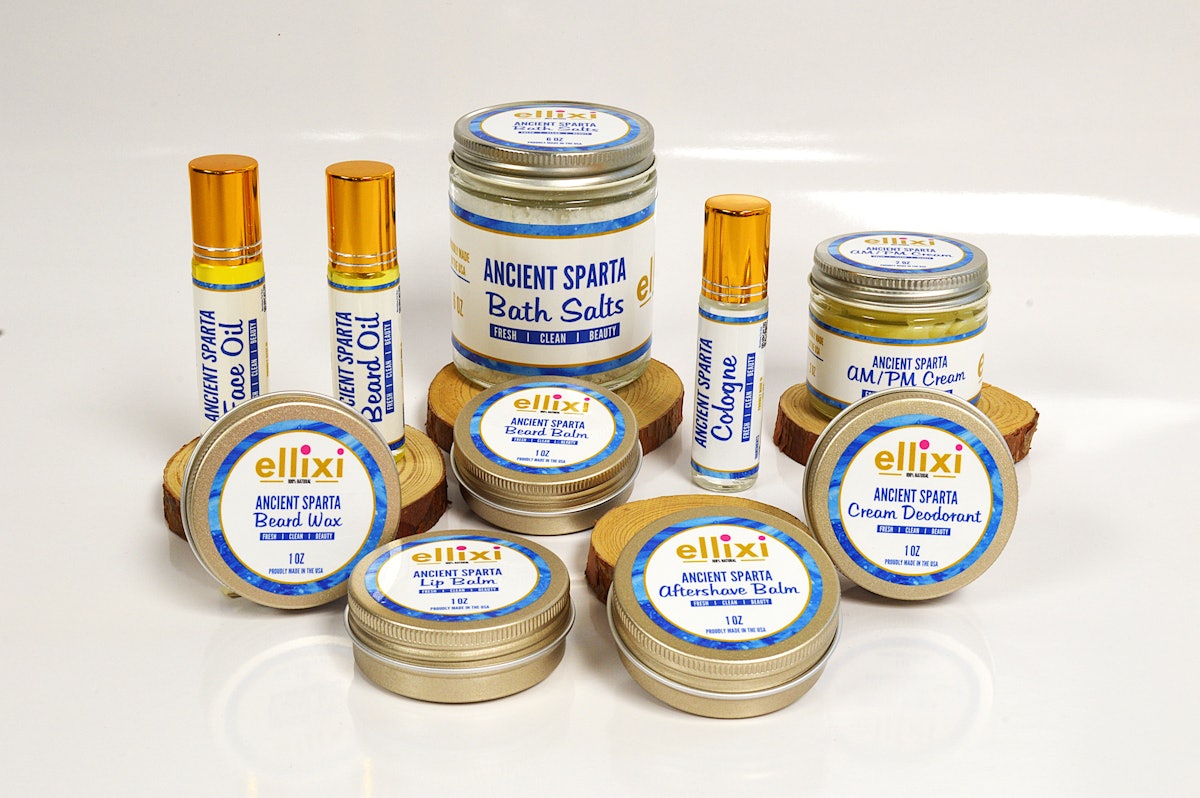
The Rise of Waterless Beauty: A Sustainable Revolution
As the beauty industry evolves, a refreshing wave of innovation is sweeping through, transforming how consumers approach their daily routines. Enter the world of waterless beauty, where brands are championing sustainability by reimagining traditional formulations. Leading this charge is Ellixi, a woman-owned brand that embodies the ethos of eco-consciousness and efficacy, crafting products that not only pamper the skin but also protect the planet.

A Shift Towards Sustainability
In recent years, awareness regarding the environmental impact of beauty products has surged. According to a report from Statista, the natural and organic beauty market is projected to reach $54.5 billion by 2027, growing at a compound annual growth rate (CAGR) of 9.76% from 2022 to 2027. This rise is largely attributed to consumers who prioritize sustainability over excess.
Waterless beauty products reduce the carbon footprint associated with water usage in manufacturing and packaging. Brands are embracing this approach to create solutions that are not only effective but also environmentally responsible. As Lila Bergen, founder of Ellixi, notes: “We saw a gap in the beauty market for products that truly deliver on sustainability and efficacy. Our vision was to create products that not only provide exceptional results but do so in a way that minimizes our impact on the planet.”
The Benefits of Going Waterless
Waterless beauty products often contain a higher concentration of active ingredients, allowing for more potent formulations. By eliminating water as a primary ingredient, brands can pack powerful nutrients into their products, leading to more effective skincare solutions. This innovation is particularly appealing to consumers who are tired of the ineffective fillers commonly found in traditional beauty products.
Furthermore, many waterless products are packaged in eco-friendly materials, further enhancing their sustainability credentials. This holistic approach appeals to environmentally conscious consumers and sets a new standard for the beauty industry as a whole.
Innovative Formulations
Ellixi exemplifies the creativity and innovation that define the waterless beauty movement. Their products contain no more than five active ingredients, focusing on quality over quantity. This minimalist philosophy not only simplifies the beauty routine but also aligns with the growing trend of consumers seeking authenticity in their purchases.
For those uninitiated in waterless beauty, the transition is seamless. Products such as waterless cleansers, balms, and moisturizers replace traditional counterparts while providing similar, if not enhanced, benefits. The formulations prioritize skin health and environmental preservation, making them a win-win for both consumers and the planet.
The Industry's Response
The beauty industry is responding positively to the waterless trend. Major brands and startups alike are launching innovative products that eliminate the need for water. For instance, the Sustainable Cosmetics Summit scheduled for June 2025 will explore topics related to green materials and sustainability certifications, demonstrating the industry's commitment to eco-friendly practices.
Ecovia Intelligence, the organization behind the summit, emphasizes the importance of sustainability and innovation. With nearly 50% of beauty consumers seeking third-party verified claims like organic, vegan, or climate-neutral before making a purchase, brands are under pressure to adapt.
Moreover, the rise of social media platforms, particularly TikTok, is amplifying consumer interest in sustainable beauty. Hashtags such as #waterlessbeauty and #sustainablebeauty are gaining traction, showcasing consumer enthusiasm for eco-conscious products. This digital engagement is driving brands to rethink their strategies and prioritize sustainability.
A Broader Commitment to Environmental Responsibility
The rise of waterless beauty signifies a broader movement within the cosmetics sector. Brands that embrace this trend are not only meeting consumer demand but also paving the way for a more responsible and innovative future in beauty. The shift towards sustainability is not just a passing trend; it reflects a fundamental change in how consumers view their purchasing decisions.
According to a survey conducted by Mintel, 65% of consumers are more likely to purchase beauty products from brands that demonstrate a commitment to sustainability. This statistic underscores the importance of integrating eco-friendly practices into brand philosophies in order to maintain relevance in a competitive market.
Conclusion
The emergence of waterless beauty is more than just a trend; it represents a pivotal moment in the evolution of the beauty industry. Brands like Ellixi are leading the way by offering consumers effective, sustainable products that align with their values. By reducing water usage and embracing innovative formulations, the beauty industry is not only catering to consumer demand but also championing a more sustainable future.
As we move forward, the rise of waterless beauty invites consumers to rethink their beauty routines and consider the environmental impact of their choices. This movement is not just about looking good; it’s about feeling good and making a positive contribution to the global community.
For more insights into the latest trends in sustainable beauty, visit Global Cosmetic News and Cosmetics & Toiletries, where industry leaders share their innovations and philosophies on eco-conscious practices.